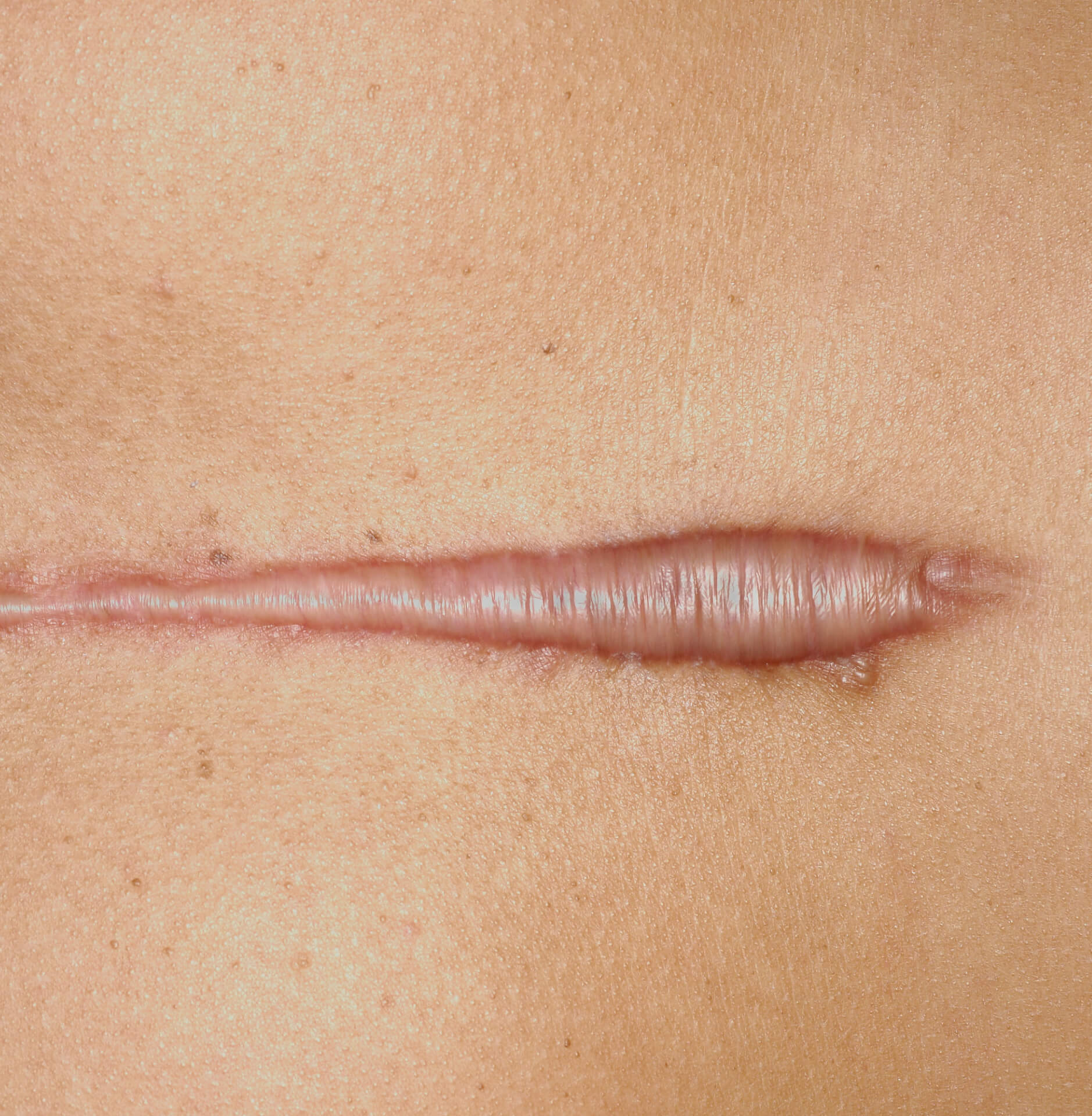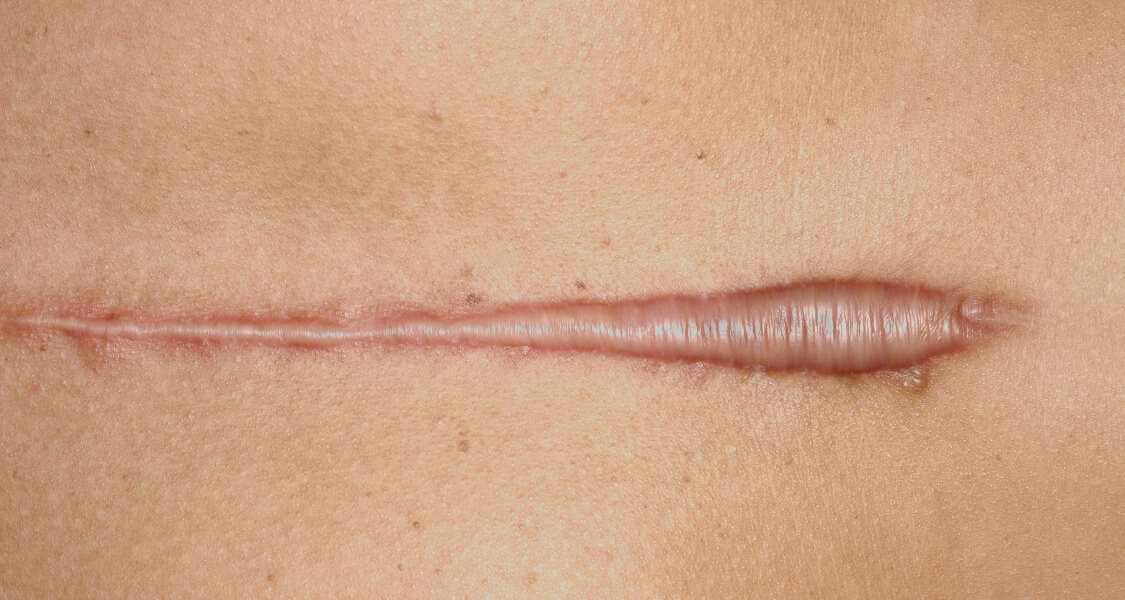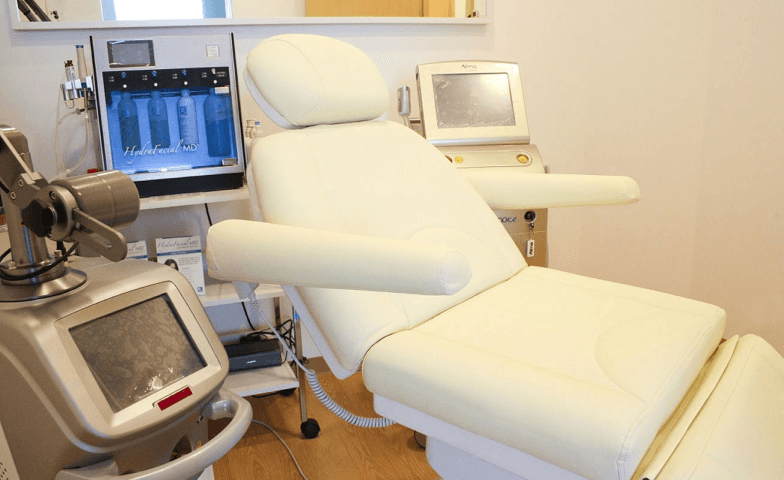Keloid Scar Treatments
There are several treatments for keloid scars. Sometimes a combination of these is needed for successful removal or reduction in appearance.
-
Corticosteroids
Applying a corticosteroid cream can help with the itchiness. Steroid injections on the other hand can reduce keloid thickness and flatten it out.
-
Compression dressings
Dressings made from stretchy material are worn over new keloids or wounds 12 to 24 hours a day for several months.
-
Cryotherapy
Cryotherapy is the process of using liquid nitrogen to freeze the keloid scar to reduce its appearance or remove it.
-
Laser therapy
Large keloids can be flattened and faded using several sessions of laser therapy. It can also help with reducing itchiness.
-
Surgery
Surgical removal of a keloid can be done with or without radiation therapy however there is the risk of it growing back, sometimes even larger.








